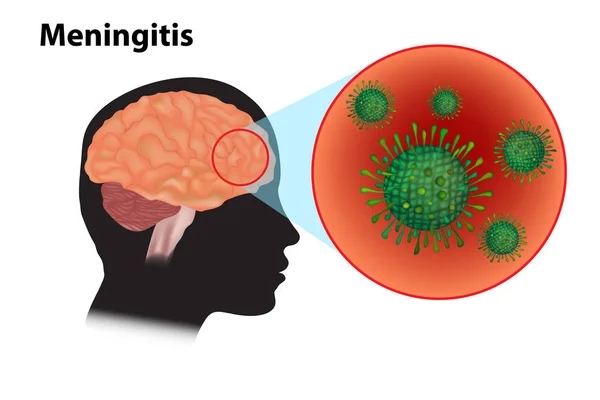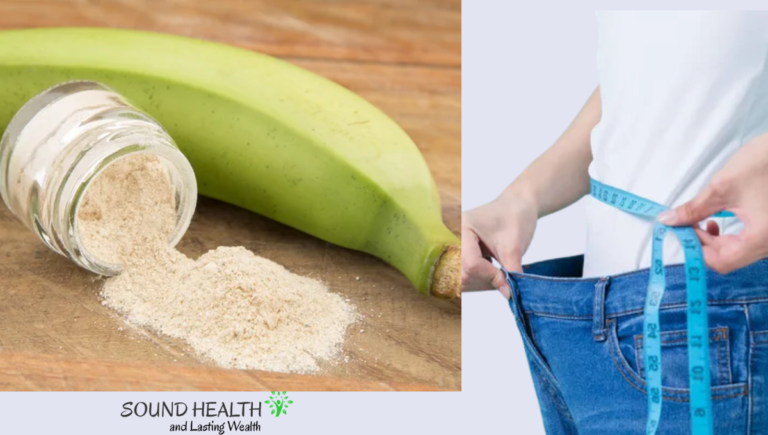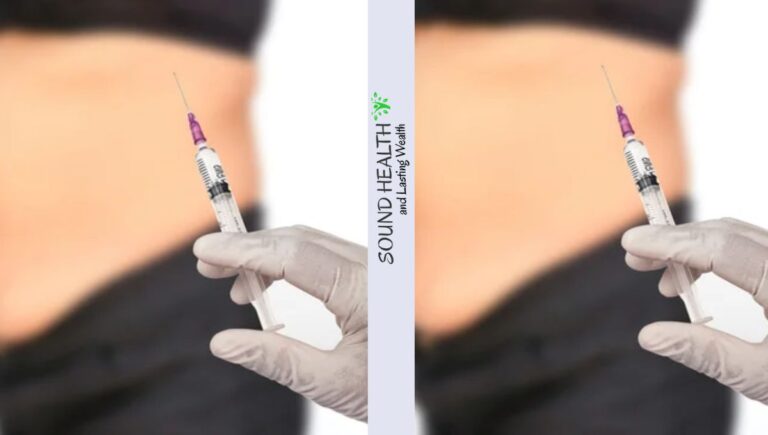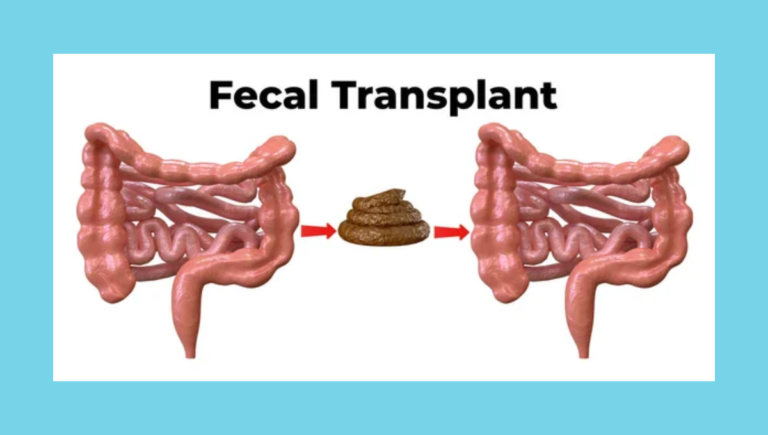Find out the “8 foods high in Boron and symptoms of a deficiency” – Boron, a trace element, is found in soil, in water and in certain foods. Boron is a trace mineral that plays a crucial role in bone health, hormone regulation, and cognitive functions. It is a cofactor of various enzymes, and it’s involved in the metabolism vitamin D, calcium, magnesium and other minerals.
A sufficient intake of boron is necessary to maintain optimal bone strength and density. Boron affects calcium metabolism and helps to ensure proper bone remodeling. According to research, boron deficiencies may contribute to osteoporosis as well as other bone-related disorders.
As a micronutrient, Boron interacts with Estrogen and Testosterone, two important hormones within the body. It regulates their activity and levels, contributing to a healthy hormonal balance. Boron may help women with menopause symptoms, and men may benefit from its prostate health.
Boron’s influence extends to brain function and cognitive function. Boron modulates neurotransmitter activities, improving memory, concentration and mental clarity. By incorporating boron-rich food into your diet, you may be able to maintain cognitive function in old age. Although boron supplements can be purchased, a diet high in fruits, nuts, and vegetables is a good way to obtain enough boron. The top foods that are high in boron include;
1. Avocado
Avocados contain healthy fats that help your body absorb boron. Avocados are rich in fiber, which helps to regulate blood sugar and keeps you full.
2. Almonds
Almonds contain boron in a concentration of 0.47 mg/100g. Other nutrients include healthy fats, protein and fiber. Vitamin E and manganese are also present. Almonds contain healthy fats that help your body absorb boron, as well as other nutrients.
3. Prunes
It works by regulating digestion and keeping you full. Prunes contain antioxidants and antiinflammatory compounds that may protect your cells.
4. Dried Apricots
How it works: The fiber found in dried apricots regulates digestion and keeps you feeling satisfied. Dried apricots contain antioxidants and antiinflammatory compounds that may protect your cells.
5. Broccoli
How it works: Fiber in broccoli regulates digestion and keeps you feeling satisfied. Antioxidants and anti-inflammatory components in broccoli can help protect your cells.
6. Raisins
How it works: Fiber in raisins helps regulate digestion and keeps you feeling full. Antioxidants and anti-inflammatory components in raisins can help protect your cells.
7. Peanuts
Boron Content: 0.48mg per 100g (roasted & salted)
Benefits: Nuts are rich in plant-based proteins, fiber, vitamins and minerals, as well as healthy fats. The boron found in peanuts can help to maintain bone health, balance hormones, and improve cognitive function. They also contain antioxidants and antiinflammatory compounds.
How does it work? Healthy fats found in peanuts aid your body to absorb boron, as well as other nutrients. Peanuts are rich in protein and fiber, which helps you to feel satisfied and full. Peanuts also contain L-arginine. This amino acid is converted by your body into nitric oxygen, which improves blood flow and circulation.
8. Apples
Boron Content: 0.66mg per medium apple
Benefits: Apples contain fiber, vitamins and minerals. Apples contain boron, which may be beneficial for bone health, hormonal balance and cognitive function. Apples are also rich in antioxidants and antiinflammatory compounds. Apples contain pectin fiber, which may lower cholesterol and improve gut health.
How does it work? Fiber in apples regulates digestion and keeps you feeling full. Apples contain antioxidants and antiinflammatory compounds that may protect your cells. Apples may also have anti-cancer, anti-inflammatory and anti-cancer properties due to the quercetin.
Include these foods in your diet regularly to ensure you get enough boron.
Boron Deficiency Symptoms
The majority of research about boron deficiency comes from animal studies and not human trials. According to research, inadequate boron intake may lead to a variety of deficiency-related symptoms.
- Bone health: Boron plays a role in bone metabolism and can affect bone mineral density.
- Cognitive function: Limited evidence suggests that boron deficiencies may affect brain function, reducing mental alertness or impairing executive functions.
- Magnesium and Calcium Excretion: Low-boron intake could increase urinary magnesium and calcium excretion. This may affect bone mineral density.
- Reproductive Effects and Developmental Effects Boron deficiencies may have reproductive and developmental effects. Men with higher boron consumptions had smaller prostate glands compared to those with lower intakes.
- Plant Deficiency: In agricultural crops, boron deficiencies can cause stunted growth and distorted fruits in cole crops. They may also lead to hollow stems and reduced flowering in various fruit and vegetables.
Boron deficiency can occur for many reasons
It is rare for humans to have a deficiency of boron, but there are several causes, including
- Low Boron intake: Diets low in foods rich in boron can cause boron deficiencies. The amount of Boron in plant foods is dependent on the boron levels of the soils and water used to grow them.
- Poor soil quality: Boron deficiencies can occur in areas with boron deficient soils. This can affect the amount of boron in crops grown there.
- Gastrointestinal Diseases: Certain gastrointestinal diseases, such as inflammatory bowel disorder, can affect boron absorption from the diet.
- Genetic Factors Some people may have genetic variations which affect their ability absorb or use boron.
- Medicines: Certain medicines, such as diuretics can increase excretion of Boron from the body and lead to a Boron deficiency.









+ There are no comments
Add yours